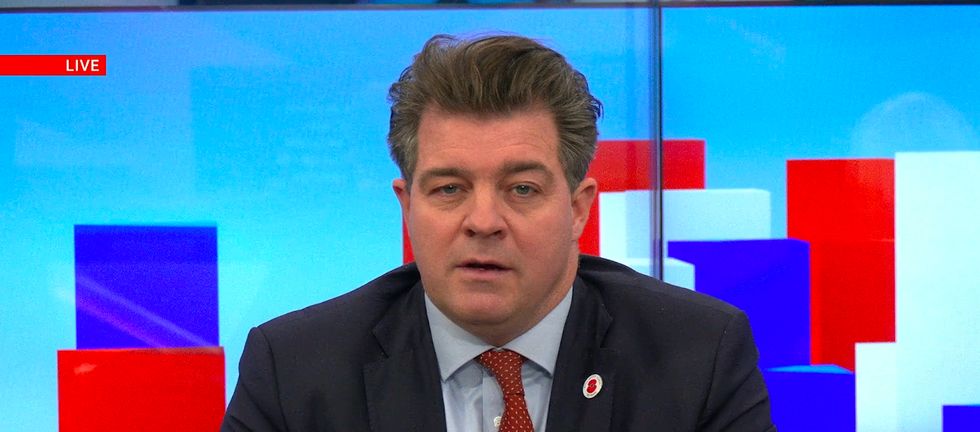Liam Halligan: Is the Governor of the Bank of England an unreliable boyfriend?

Liam Halligan

Yesterday, the Bank of England left interest rates on hold – for now.
The so-called bank rate – the interest our central bank charges commercial banks, by definition the lowest interest rates in the entire economy – was kept at the ultra-low emergency level of 0.1 per cent.
This was widely seen as a surprise.
With inflation running at 3.1 per cent, well above the Bank of England’s 2 per cent target, the money markets were betting the Bank’s Monetary Policy Committee – or MPC – would vote to bear down on those price pressures by raising rates, from 0.1 to 0.25 per cent at least.
But, yesterday lunchtime, the nine MPC economists voted by 7-2 to keep rates on hold, despite weeks in which market expectations of a rise were stoked by comments and speeches from Bank of England policymakers.
The MPC also voted 6-3 to continue the Bank’s bond purchases under its quantitative easing programme. So, despite upward inflationary pressures, the virtual money-printing goes on.
Reflecting that this was a surprise decision, the pound plunged 1.5 per cent against the dollar. Traders had expected higher interest rates, and therefore higher returns on money held in sterling. When that didn’t happen, they sold billions and billions of pounds.
Since yesterday, Bank of England Governor Andrew Bailey has come in for criticism – given that just two weeks ago he said the Bank “has to act to tackle inflation”.
Some now compare him with predecessor Mark Carney - branded an “unreliable boyfriend” for repeatedly allowing markets to predict a rate rise before keeping rates on hold.
Economist Gerard Lyons, himself a previous candidate for Bailey’s job, accused Bailey of “appalling signalling”.
Peter Kinsella, head of currency strategy at Swiss bank Union Bancaire Privée, branded the Bank’s mixed messaging “pathetic”.
“In terms of how it signals, and interacts with the market, the Bank of England can no longer be considered a major central bank,” said Henry Cook of the mighty Mitsubishi Financial group.
Viraj Patel, a strategist at the influential financial research house Vanda remarked: “The ‘unreliable boyfriend’ is back”.Whether you think rates should go up or not, central banks – particularly leading central banks like the Bank of England – stand or fall on their credibility.
The worst thing any Governor can do is spread confusion and lose the confidence of financial markets. Get that wrong and markets can rebel, lurching through peaks and troughs, causing financial chaos.
That’s why the question we’re discussing today is less about politics and personalities but goes to the heart of UK economic policy making.
Is the Bank of England Governor an unreliable boyfriend?